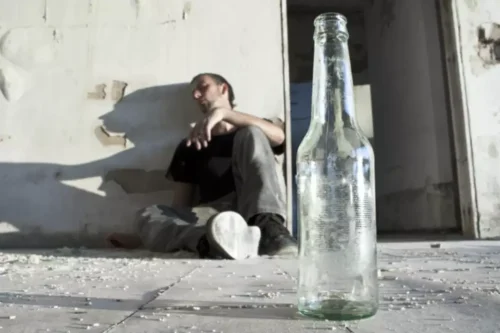
They add structure to chaotic lives and provide a safe environment in which to practice newly developed skills. Healthy coping mechanisms are essential in managing emotions and stress without substances. Engaging group discussions are essential for fostering growth and support in substance abuse recovery.

How Does Group Therapy Help with Substance Abuse?

Exploring one’s thoughts and emotions is an integral part of recovery. A growth mindset encourages individuals to view challenges as learning opportunities, which is especially valuable in recovery. This discussion emphasizes seeing setbacks as steps for growth, building resilience, and fostering a positive approach to personal development. A structured routine offers stability, helping individuals focus on positive habits. This topic helps members design daily schedules that include self-care, work, and relaxation. Creating a routine provides a sense of purpose and reduces the chances of falling back into unhealthy patterns.

Identifying Coping Mechanisms

These outcomes include significantly reduced drug and alcohol misuse, decreased criminal activity, and improved overall social and psychological well-being. Topics could include the neurological aspects of addiction, the cycle of addiction, and the long-term effects on physical and mental health. With knowledge, individuals can better comprehend the need for treatment and strategies to overcome addiction. Honesty with oneself and others is foundational to a successful recovery. This discussion explores how honesty can foster trust, reduce guilt, and support sobriety. Members can share experiences where practicing honesty has positively impacted their recovery.
- CARF International is an independent, nonprofit accreditor of health and human services.
- This session teaches anger management techniques, such as counting to ten, stepping away, and deep breathing, helping members manage frustrations without turning to substances.
- Effective communication can strengthen relationships and foster supportive connections in recovery.
Communication Skills
- The key is to create a safe and supportive environment that encourages active participation and personal growth.
- This topic encourages members to explore various forms of creativity, such as drawing, writing, music, or crafting, which can be therapeutic and fulfilling in the recovery journey.
- This discussion explores different types of physical activities and encourages members to incorporate regular exercise into their lives.
- Thought replacement or cognitive restructuring is one of the fundamentals of CBT.
Engaging in a variety of substance abuse group activities and discussing relevant group therapy topics for substance abuse can be immensely helpful in facilitating successful recovery. People opting for group therapy and support groups are often looking for peers to offer guidance and support in their recovery journey. Lock and key activities can be fun to break the ice and allow peers to connect and share their experiences. Many clients rely on substances to support them during tough times. This is very unhealthy, so it’s essential to explore ways to manage stress and increase a healthy state of mind without having to turn to substances. Many clients who suffer from substance abuse also experience tremendous negative thoughts.
Practicing Gratitude through Kindness
Unlike individual therapy, which focuses on one-on-one treatment, group therapy provides the opportunity for multiple people to support and learn from one another. It is often used alongside individual therapy to enhance the effectiveness of the treatment plan. It also promotes support, positive behaviors, and constructive criticism among group members. Humor can lift spirits substance use group therapy topics and reduce stress, making it a valuable tool in recovery.

A 1-page worksheet for exploring ways to resist urges to use in early recovery. A 1-page worksheet for identifying things that promote addiction and ways to get rid of or avoid these things. A 12-page worksheet packet for exploring, challenging, and redefining unrealistic expectations about the self. A shared bucket list that includes spaces to write in when an item was added to the list and when it was completed. A 1-page worksheet for identifying things to be grateful for in different life areas. A 2-page handout that describes seven uncommon grief experiences, such as delayed or disenfranchised grief.
- This topic explores strategies for identifying early warning signs and developing a personalized relapse prevention plan.
- Group sessions can allow members to work through challenging emotions such as shame and guilt.
- Contact us to schedule a free addiction or mental health assessment as part of our admissions process.
- Gratitude discussions foster a positive outlook by focusing on what members appreciate.